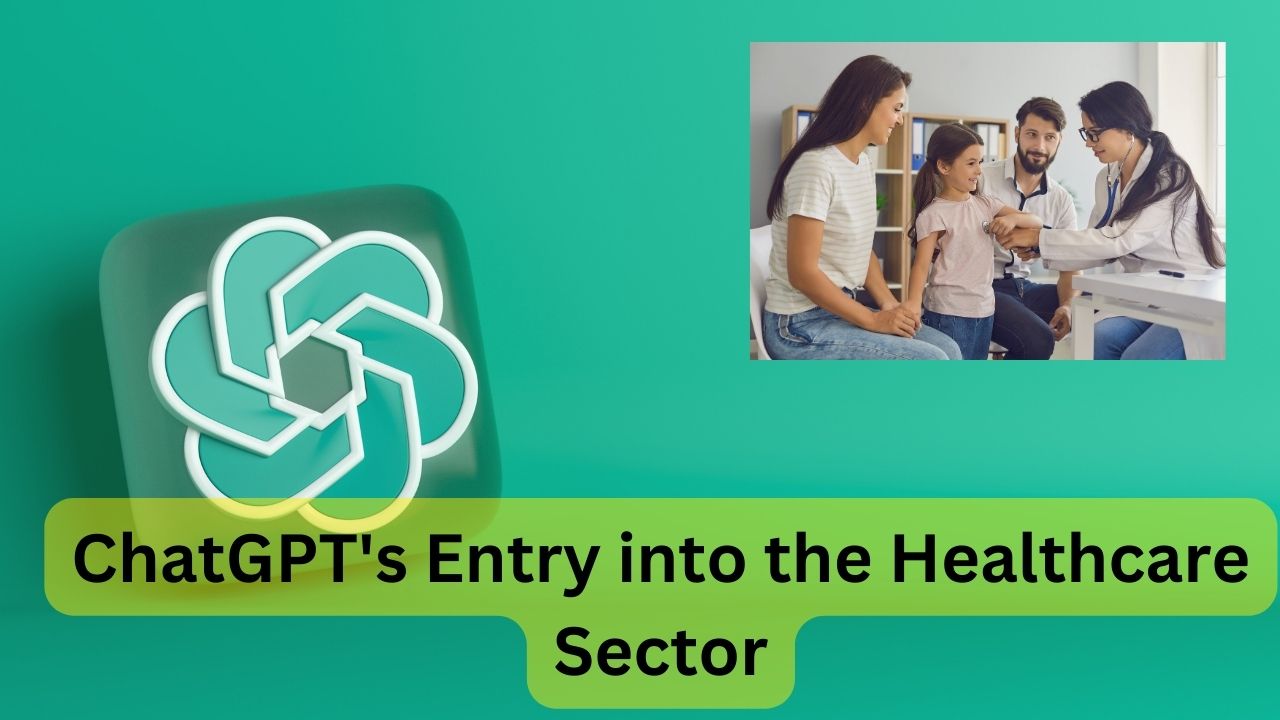
Artificial Intelligence (AI) has made its presence felt in virtually every aspect of human life, with each passing day bringing news of AI taking over various job roles. The latest field to witness this transformation is the medical profession. A recent study conducted by Mass General Brigham has demonstrated that ChatGPT consistently performs well across a wide range of medical specialties and settings, including primary care and emergency situations.
Key Findings
The research findings reveal that this large-language model (LLM) AI chatbot maintains an impressive accuracy rate of around 72% across various medical specialties and stages of clinical care. Its accuracy further increases to 77% when it comes to making final diagnoses. This groundbreaking study, led by investigators from Mass General Brigham, highlights the potential for generative AI to significantly improve accessibility and efficiency in the healthcare sector.
Notably, the accuracy achieved by ChatGPT is estimated to be on par with that of a recently graduated medical professional.
Marc Succi, associate chair of innovation and commercialization and strategic innovation leader at Mass General Brigham, emphasized the significance of these findings in an interview with IANS, stating, “This tells us that LLMs, in general, have the potential to be an augmenting tool for the practice of medicine and support clinical decision making with impressive accuracy.”
However, the study also revealed areas where ChatGPT exhibited lower performance. Specifically, the AI chatbot displayed reduced accuracy, standing at 60%, in differential diagnosis. Similarly, its performance in clinical management decisions, such as determining appropriate medications for a patient post-diagnosis, was reported at 68%. This underscores the crucial role of physicians in the initial stages of patient care, where their expertise in generating potential diagnoses remains invaluable.
Implications
While the potential for AI, particularly LLMs like ChatGPT, to revolutionize healthcare is evident, the researchers and authors of the study stressed the need for further benchmark research and regulatory guidance before integrating such tools into clinical care. As AI technology evolves rapidly, ensuring its implementation in healthcare is both safe and effective becomes increasingly critical, with strict adherence to established standards and protocols.
While AI shows remarkable promise in enhancing clinical decision-making, it also underscores the enduring importance of human expertise in medical diagnosis and management. As we navigate the future of healthcare shaped by AI, a balanced approach that leverages the strengths of both AI and human medical professionals is imperative.
Also Read
Elevating India’s Insurance Industry: The Advancements of AI and Blockchain Technology
